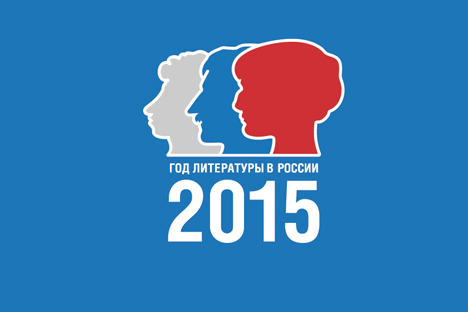
The Tsarskoye Selo Lyceum near St. Petersburg has played host to the official opening ceremony for the All-Russia Year of Literature. 2015 will see more than 1500 events to celebrate Russian writers and poets. The Lyceum was a fitting place to begin this literary extravaganza, as it was where celebrated Russian writer Alexander Pushkin studied.
One of the Year’s very first events will be the 200th anniversary of the meeting between Pushkin and the famous 18th-century poet Davriil Derzhavin, who was the first to notice the young boy’s great talent. The venerable old poet and his young would-be apprentice met in the Lyceum’s great hall during Pushkin’s translation exam in 1815. This meeting is recognized as a symbol of the start of the Golden Age of Russian literature.
The organizers of the event erected a bust of Emperor Alexander I in the lobby of the Lyceum. Engraved on the monument were Pushkin’s words about him: “He founded our Lyceum.”
“If Russian literature was a necklace, it would be decked with numerous pearls, but the diamond at its center is the Tsarskoye Selo Lyceum,” said Mikhail Seslavinsky, the head of the Federal Agency for Publishing and Mass Communication (Rospechat).
Speaking last year about the 2015 Year of Literature, Seslavinsky said: “It is no secret that interest in books is plummeting, particularly among the youth. Some people in our country admit that they don't ever read books.” Rospechat has a long list of events that will help to reverse this trend.
Many writers and readers are very enthusiastic about the forthcoming Year of Literature. Writer and journalist Pavel Basinsky, who has written several books about Leo Tolstoy, says: “I am expecting the Year of Literature to provide… literature. In the full meaning of this word. This year we should shake from delight at the realization that we were – and still are – a great literary superpower.”
All rights reserved by Rossiyskaya Gazeta.
Subscribe
to our newsletter!
Get the week's best stories straight to your inbox